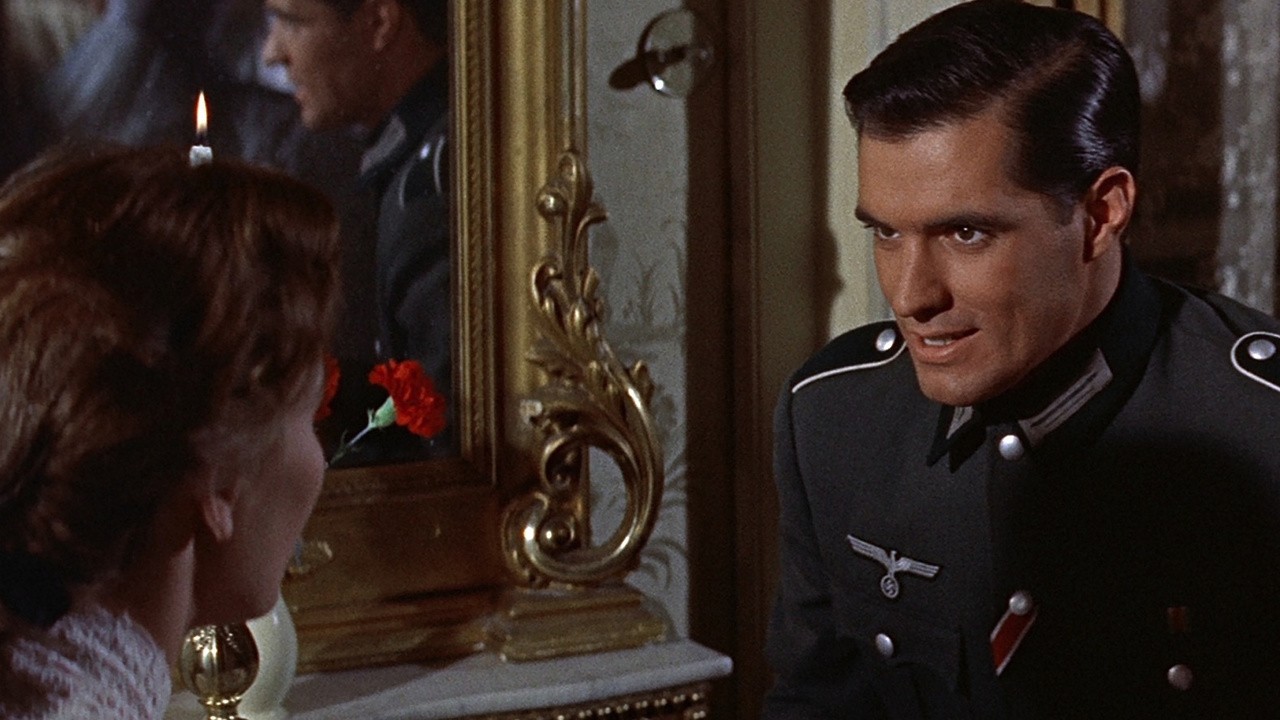CERCA

Tempo di vivere / A Time to Love and a Time to Die
[ita]
Seconda guerra mondiale: il giovane soldato tedesco Ernst Graeber torna in licenza nella sua città, semidistrutta dai bombardamenti alleati. Alla ricerca dei genitori dispersi, l’incontro con l’ex compagna di scuola Elizabeth lo porterà a scoprire la possibilità di un amore in mezzo all’orrore della guerra. Jean-Luc Godard ne scrisse entusiasta sui “Cahiers du Cinéma”: «Chi non ha mai visto o amato Liselotte Pulver correre sulla riva di non so più quale Reno o Danubio, abbassarsi bruscamente per passare sotto lo steccato, poi risollevarsi, hop, con un colpo di reni, chi non ha visto a questo punto la grossa Mitchell di Douglas Sirk abbassarsi contemporaneamente e poi, hop, risollevarsi con lo stesso morbido movimento di gambe, ebbene, costui non ha mai visto niente, o semplicemente non sa cosa sia la bellezza». Il ritorno di Sirk in Europa, per uno dei film più sentiti dal regista, con Erich Maria Remarque anche in veste di attore.
[eng]
Second World War: young German soldier Ernst Graeber returns on leave to his hometown, which is now half-destroyed by Allied bombings. In his quest to find his missing parents amid the ruins, he reunites with his former schoolmate, Elizabeth. She becomes the beacon of love in the midst of the horrors of war. Jean-Luc Godard expressed enthusiastic praise for the film in the “Cahiers du Cinéma”, stating, Who never saw or loved Liselotte Pulver running on the shores of that Rhine Danube river, abruptly getting down to pass over the fance, then rising up, hop, with a jump, and who never saw at this time the big Douglas Sirk’s Mitchell getting down and then rising up, hop, with the same soft legs movement, well, this man never saw anything, or simply does not know what beauty is.' This marks Sirk’s return to Europe for one of his most heartfelt films, featuring Erich Maria Remarque also in an acting role.



